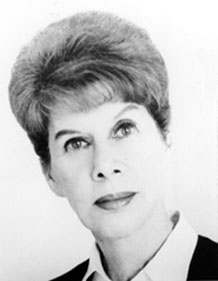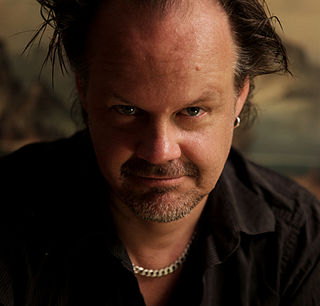A Quote by Patrick Stewart
I came to feel very, very sentimental about those sets, which is ludicrous, because they represent everything which is transitory and insubstantial. It's absurd that one should feel sentimental about timber and canvas.
Related Quotes
I feel lousy about the pain that I've caused my wife and kids. I feel guilty and conscience-stricken, and all of those things you think sentimental, but which my generation calls simple human decency. And I miss my home, because I'm beginning to get scared shitless, because all of a sudden it's closer to the end than the beginning, and death is suddenly a perceptible thing to me, with definable features.
I feel I represent my country: not only my country but all former U.S.S.R. countries because I have very big fan base here, and I have more than a billion Muslim fans. I feel I represent these guys all around the world. My fans. This gives me very good energy. When I go to the cage, I think about these people.
I have this very kind of like heterodox idea of what an education is, what underpins identity. I don't think I'm very easily pigeon holed in any of those boxes, so I confront this. I have a staff full of young people who came up in a very different tradition and who feel very fired up about the big identity battles. I listen and I try to navigate them, but I don't find them mapping onto my life in a personal way which is, which is hard.
My mother was a dominant force in my life. She had a very specific idea about education, which was: you should know everything about everything. It was quite simple. There was no exclusivity, and there really was no judgment, which is a good thing for someone who still thinks of themselves as a very basic American.
I would hate to think I'm promoting sadness as an aesthetic. But I grew up in not just a family but a town and a culture where sadness is something you're taught to feel shame about. You end up chronically desiring what can be a very sentimental idea of love and connection. A lot of my work has been about trying to make a space for sadness.
I always loved horror as a kid. On the one hand, I really love monsters, because in a way I feel like I related to their outsider status and like the sentimental romantic plight of the monster. More importantly though I feel like people are completely motivated by fear, especially with our political system here in America which is just degenerating into more and more fear mongering and it gets in the way of real discourse, plus it's just something I'm obsessive about and have always been a little bit of a paranoid guy.
I have a little bit of a pet peeve about how the middle class is depicted in movies. I feel like they tend to be either depicted in a very sentimental way, where everybody has a heart of gold except for the villains you're supposed to hiss at, or there's a sort of indie-style version... When it's done well, it's brilliant, it's 'Blue Velvet.'
One respect in which I'm very much my father's son is how I feel about Joyce. 'Ulysses' is very much about daily life, when you get into this other guy's life and you learn about the things he cares about, and why he cares about them. And then, very indirectly, very subtly, you learn why politics has impacted his life, too.




































